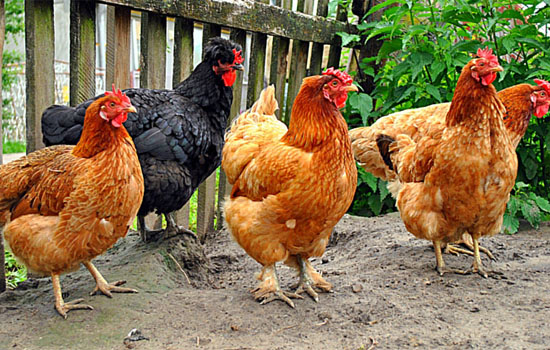1. Air environment regulation
Commercial broilers are densely stocked and produce large amounts of exhaust gas (carbon dioxide) and harmful gases (mainly ammonia, hydrogen sulfide, methane, etc.) every day. In order to discharge moisture, harmful gases and oxygen, and maintain a suitable temperature, it is necessary to strengthen the ventilation of the house, reduce the odor and harmful gas concentration in the house, and improve the growth environment of the broiler. When ventilation is carried out in winter, the thief wind should be avoided. Different ventilation rates can be selected from top to bottom according to different geographical locations, different chicken house structures, different chicken ages and different weights.
2. Emphasis on epidemic prevention
Pay attention to strengthening daily disinfection work. This is a problem that farmers often overlook. Regular disinfection can directly kill pathogens, reduce their number in the breeding environment, reduce the chance of infection, and thus reduce the incidence of broilers. After the onset of the flock, it is more important to pay attention to disinfection. Medication can only kill pathogens in chickens, but the environment must be minimized by disinfection, so that the number can be controlled outside the range that can cause chicken disease.
3. Improve the house facilities
To maintain proper temperature and humidity for broiler growth, attention must be paid to improving the house facilities. The suitable growth temperature range for broiler chickens is 13.5-24.5 °C; the relative humidity is 65%-70% except for the brooding period, and the remaining period is 55%-60%. The weather is warmer, the window is ventilated, and too much heat is discharged; in summer, the heat is cooled down, the wet curtain is hung, the electric fan and air conditioner are installed, and the house is kept at a certain temperature and humidity; the ceiling of the house is set to prevent solar radiation. heat. Weeds and flowers are planted around the chicken house to reduce the radiant heat of the ground; in winter, the cold is protected, and the bad weather is strictly prevented.
4. Control the stocking density
The chickens are too dense, the litter is easy to be wet, and the excrement is increased. In the warmer environment of the house, the litter and excrement are easily fermented and deteriorated, generating harmful gases such as ammonia gas and hydrogen sulfide, and causing a large number of pathogens. Microbial reproduction is more harmful to chickens. Therefore, it is necessary to adjust the density of the flock properly according to the breed of the chicken, the different growth stages, and the different seasons. The use of chicken battery cages helps to adjust the density of the flock.
